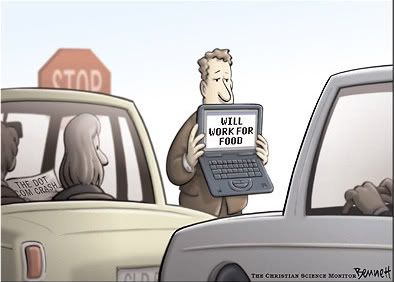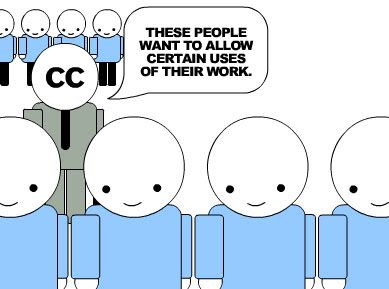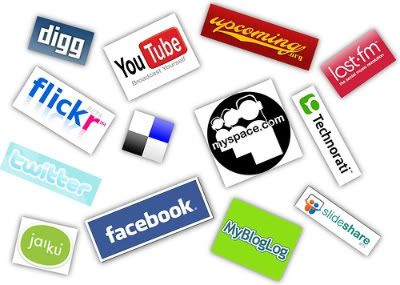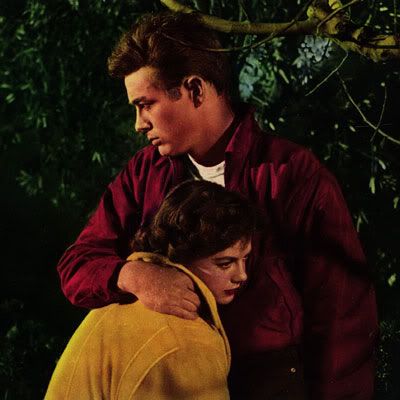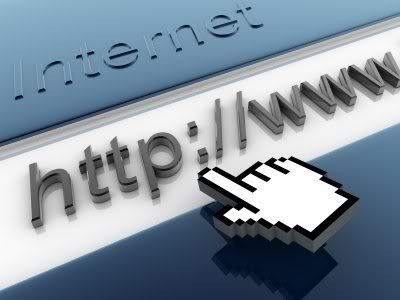The internet as cyberspace is increasingly becoming a staple in our lives. We have become so dependent on it that modern life would just not be the same if it were taken from us. This essay is going to discuss the influence cyberspace has had on a part of contemporary culture and will outline how relevant it is to society. The Internet has shaped our daily lives and made it more convenient and faster to: communicate with people; take part in online shopping; facilitate in research and information; access easy downloaded material; and aids in film culture. Furthermore, this essay will provide a reflection of my own experience with contemporary media and why it is relevant to me.
The internet has not been around very long. It only started to boom in the mid 1990s and the word Internet quickly became a common word in people's daily lives. Barry Wellman, writer of Internet Studies Through the Ages, put forth that, "The internet was seen as a bright light shining above everyday concerns" (Wellman, B 2008). The Internet has become a central element to work, entertainment and communication in the twenty first century and has transformed our day to day activities and the way we view the world. Additionally, cyberspace has created and changed the face of the internet. Cyberspace is a metaphor for describing the non-physical space created by online systems. It has brought the whole world into our hands with just the touch of a key or click of a mouse, without leaving the house or office (www.webopedia.com).
One of the most significant reasons cyberspace is relevant to modern society is because of its power as a communications tool. Cyberspace connects people by enabling them to transfer information quickly over any distance, long or short. It had more significance for people in rural areas but now has become part of everyday life no matter where you at situated. Cyberspace has become the most efficient way to communicate with others over taking every other communication technologies such as, making a phone call or sending a letter. The most common use of communication on the internet is email and messenger, which is a staple for nearly everyone but especially businesses and students (Wakeman, E 2008). In addition to those forms of communication there are also social networking sites that have become extremely popular such as, facebook, myspace, twitter etc. And they are not only being used by the younger generation but older generations are using them as well. All because it makes it very easy to connect and communicate with people no matter where they are (Kollock, K & Smith, M 1999). I use email almost everyday mostly to contact tutors and lecturers which is very useful if I am in need of help and have a question to ask. I can quickly and conveniently communicate electronically without actually tracking them down at university in person. I also have a facebook account helps me to keep in touch with friends and family that I might not see a lot. Another element of the Internet connecting people includes media like webcam and skype. Skype allows people to have video conversations online with their webcams. This normally becomes useful if someone is on holidays or overseas and I have used it with a friend who is traveling Europe. You can not only talk to them and hear their voice but you can also capture their facial expressions, which allows another dimension of communication. This certainly helps from missing people who are far away.
Another effective element of cyberspace is online shopping. Instead of fighting for a car park or walking around all day trying to find the items you want, you can now purchase items with the click of a mouse and usually at a discounted price. Today, shoppers can nearly buy anything they want, from groceries to clothes, from books to electronics to cars and so on. However, there are scam artists out there and people can get ripped off also so it is a question of buyer beware, but most of the time online shopping is safe if you visit reputable websites (www.privacyrights.org). The most common online shopping site is ebay, where you can purchase absolutely anything as well as rare items that you would not be able to find in normal stores. My experience with online shopping is very limited since I do not have a debit or credit card. But I’ve purchased music festival tickets with my parent’s credit card and some DVD’s that I could not find at another store.
Equally important is the use of cyberspace as one giant public library that is accessible from anywhere you have access to a computer and an online connection. It has become the number one research tool when requiring information. With countless search engines to find information on practically any subject. Not only is finding information easily accessible but it is fast, accurate and most importantly free (Norman, N & Erbring, L
2000). Many people depend on cyberspace as a research tool in contemporary society. Most importantly students use it for help with essay papers and general information research. The countless search engines include google, yahoo, ask, bing and the list goes on and on. The most significant search engine is google and it has become a common word in people’s everyday vocabulary. People no longer search they internet they ‘google’ the information they are trying to find (Lewis, J 2008). As well as information being easily accessible through search engines, there are many online journal and library catalogues, which can help researching more thoroughly and accurately. One such site is google scholar or google books, which I must say is very useful for the countless essays and assignments I have to write. I don’t know where I would be without cyberspace as a research tool. Regular books are very useful, but are not as easily accessible as the cyberspace information described above.
Film culture in cyberspace has become increasingly relevant to contemporary society. There are several reasons that film is becoming popular over the Internet. Firstly, there are film sites such as international movie databases that have all the information you need on basically any film, as well as reviews, quotes and soundtracks from each film. Secondly, speaking of reviews, there are many websites that purely focus on reviewing and rating films. Thirdly there are websites that function as promotional material for theatrical film releases such as, official film websites and trailers. What’s more is there are video search engines such as youtube, vimeo, google videos etc. You can search videos on anything and consumers can become producers by uploading their own videos for the rest of the world to watch (Wolofsky, J 2008). Personally, I use youtube nearly everyday to lookup film trailers and live music performances mainly. I have also uploaded several videos of my own onto youtube to link it to other websites. Unfortunately this new film culture technology has one major drawback, this involves the illegal download of films that have not even been released and people can actually watch them whenever they wish and for free. This is becoming increasingly more common and is costing the film industry billions of dollars.
In conclusion, as more and more people log on to the internet and have cyberspace embedded into their lives, it has changed and is still changing the way we live, work and play in society and the way we interact with each other. Therefore the internet as cyberspace has become very relevant and a stable influence in our contemporary society with everyone having their own individual experience with it. However, while the technology that enables this online interaction has great power, with it comes new social responsibilities and challenges.
List Of References
2000, “Online Shopping Tips” http://www.privacyrights.org/fs/fs23-shopping.htm, Oct 23
2002, “Cyberspace” http://www.webopedia.com/TERM/c/cyberspace.html, Oct 22
Kollock, K & Smith, M 1999, “Communities in Cyberspace” http://books.google.com.au/books?hl=en&lr=&id=harO_jeoyUwC&oi=fnd&pg=PP15&dq=Communities+in+Cyberspace+(Smith+%26+Kollock+1999)&ots=JWSLcJfyAS&sig=H_lGenLytDmAx3jBUZmibkqzRBM#v=onepage&q=Communities%20in%20Cyberspace%20(Smith%20%26%20Kollock%201999)&f=true, Oct 23
Lewis, J 2008, “Has Google Become a Modern God?” http://www.seo-chicks.com/645/has-google-become-a-modern-god.html, Oct 23
Norman, N & Erbring, L 2000, “Internet and Society” http://www.timeuse.org/information/studies/data/downloads/usa/1999/PreliminaryReport.pdf, Oct 23
Wakeman, E 2008, “The Internet: Redfining Modern Society” http://www.uweb.ucsb.edu/~ewakeman/Internet.pdf, Oct 22
Wellman, B 2008, “Studying Internet Studies Through the Ages” University of Toronto, https://learning.secure.griffith.edu.au/webapps/portal/frameset.jsp?tab=courses&url=/bin/common/course.pl?course_id=_71279_1&frame=top, 22 Oct
Wolofsky, J 2008, http://www.ryerson.ca/library/subjects/comcult/movie.html, Oct 23
ESSAY
16 years ago
